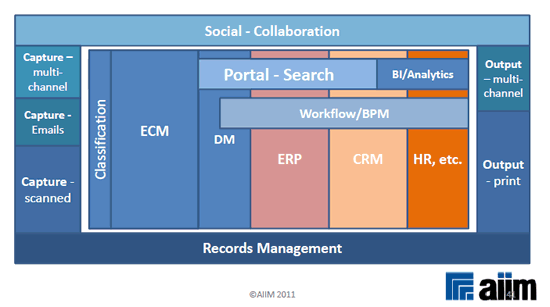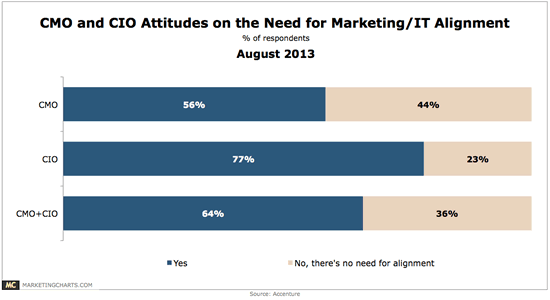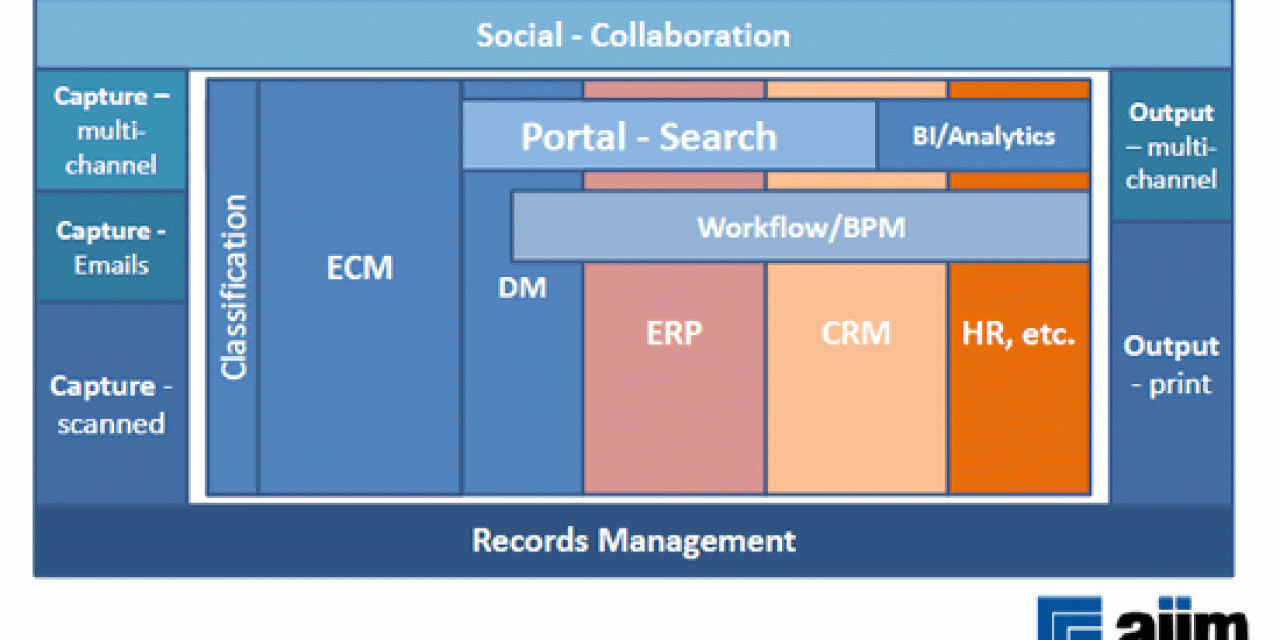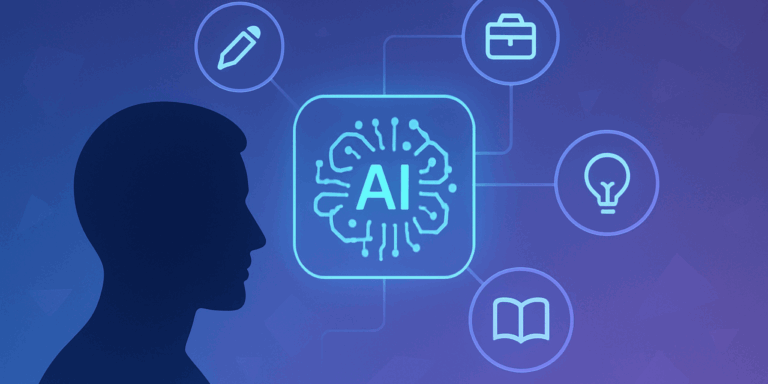Content is one of the most debated and often hyped topic in marketing and business nowadays. Yet, beyond the scope of content in marketing and content in a collaboration and social business context, a much broader evolution is going on in the company-wide adoption and holistic approach of information management . An evolution within the context of digital transformation, business value creation and digital business.
Information management involves all areas of business and it’s essential that marketers, IT people and other stakeholders understand it. Intelligent information management and a better alignment of business – including the CMO and CIO in a digital transformation context – with a focus on consistency, availability, intelligence and the customer experience, is where the real work needs to be done, beyond and through the silos. This is the age of digital business, connected in all possible ways and with new ways of using, capturing and managing information as the contextual differentiator.
Big data, big content, fast data, real-time, ever more unstructured data, social content, content management, systems of engagement, social business, content governance, etc. What do they all have in common?
In the end they’re about intelligent information management and connecting the dots of the customer experience in the broadest sense. Information put at work and content in context. Data that empowers and feeds, data that is turned into design and decision, data that gets an intelligent, real-time and often human face (which doesn’t mean that ‘relevant content’ in a marketing context is ‘just’ data or information).

The major marketing (and business) evolutions we witnessed in recent years, for instance, are about an integrated, omni-channel/multi-channel/cross-channel and customer-centric focus looking at individual experiences where data and information (in multiple directions between input, output and what I would call “cross-put”) get connected. Providing the right (access to the right) content at the right time through the right channels etc. , shaping relevant experiences, plays a key role in all customer-facing – and other – evolutions: social business, social media marketing, content marketing, integrated marketing, marketing automation, closed-loop marketing, you name it. It’s just one part of what digital business is about. But information is crucial in many digital business areas, outside marketing and customer-facing functions too. It’s essential.
As said, it’s not just about the output but most certainly also about the input such as social signals, essentially unstructured data. Big data, coming from all possible sources, in amounts that keep growing by the day. Intelligent information management is all about providing the right access to the right information at the right time. A striking resemblance with the marketing evolutions but one that shouldn’t surprise us: in the end that’s digital business through the silos.
There are few domains where the need to better connect IT and the business is getting more urgent than in the ways we use, manage, capture and connect data, information and content. In that regard, it’s sad to see research showing how poorly the CIO and the CMO (or other executives) today often work together. Just one example from recent research: “44% of CMOs surveyed from across the world simply don’t believe there’s any need for alignment with CIOs”.

Data and information have a technological dimension. The way we put them at work is what makes the difference. The CIO has a business function. The other way around, the CMO and other execs need to be able to understand the technology. Not from a technological perspective but from the business perspective.
Intelligent information management is everyone’s business

Or as John Mancini, President for AIIM, asks out loud in the video below: “The kind of IT person you want to hire right now is the kind of IT person that can sit down with your marketing person and have an intelligent conversation about marketing. Equally, if you hire a marketing person these days, you want somebody who can have an intelligent conversation about sales automation and lead automation tools and social tools that are used to drive the business…technology”.
Indeed. But you need your execs to understand that: intelligent information management and intelligent information activation is everyone’s business as is technology in an era where technology and IT are mainly driven by consumer demand and experiences.
PS: there obviously is a difference between data, information and content in different senses and not all data of course are about the customer side of business.






